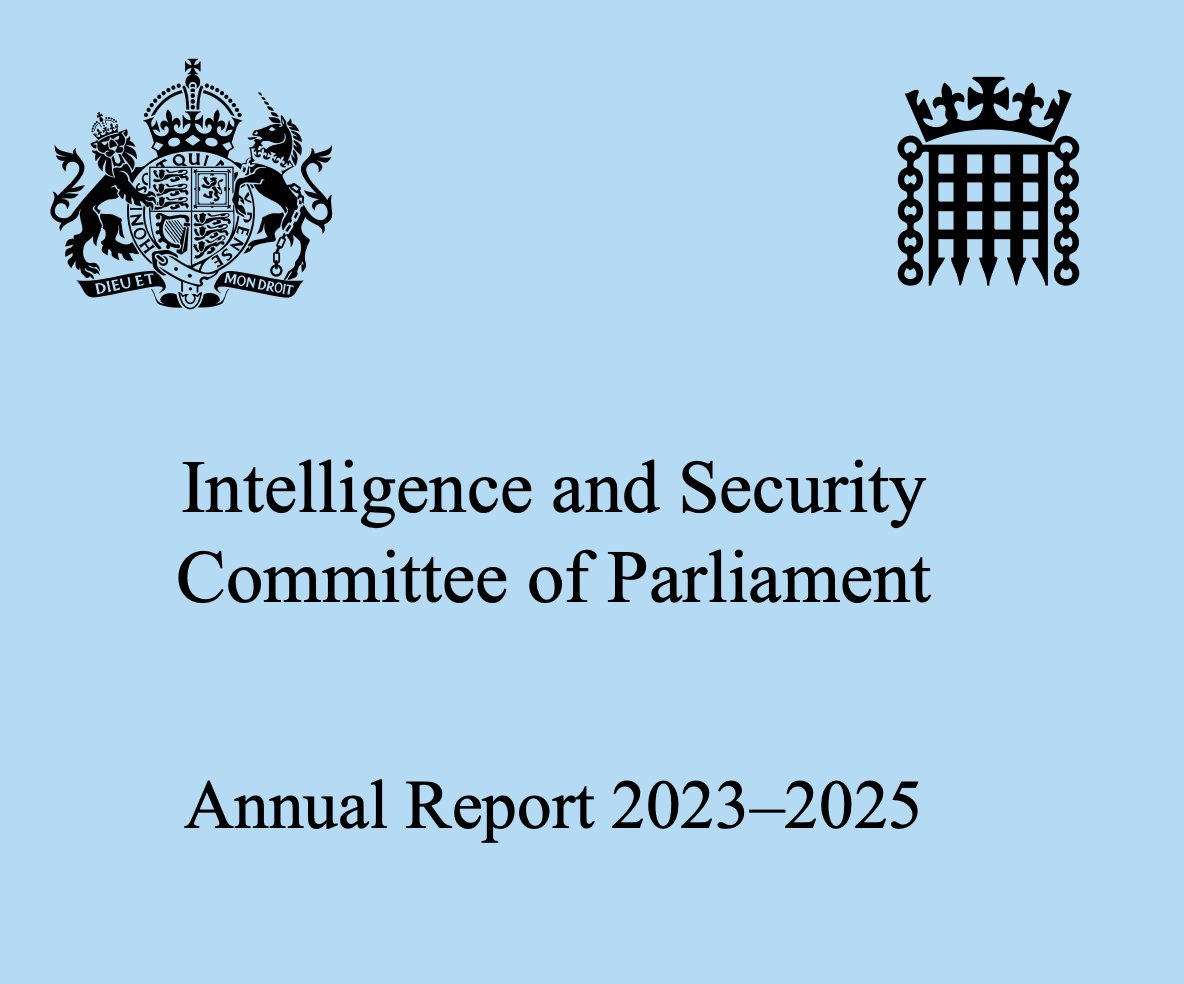🧵 There's been a lot of criticism that #gptchat provides inaccurate information. Thought I'd test this with a series of military-themed questions. I'll let experts judge the accuracy of the results.
Explaining military force ratios (cc @dupuyinstitute) 

Explaining the evolution of special forces (cc @JJSchroden) 

Explaining military command (cc @LawDavF) 

Explaining manuever vs attrition (cc @HoansSolo) 

Explaining Javelin (cc @JakOSpades) 

• • •
Missing some Tweet in this thread? You can try to
force a refresh

















